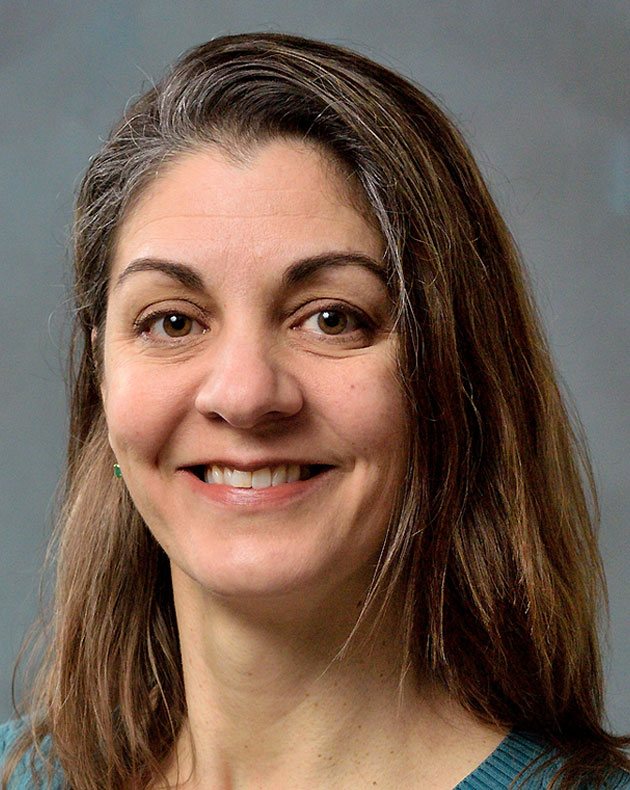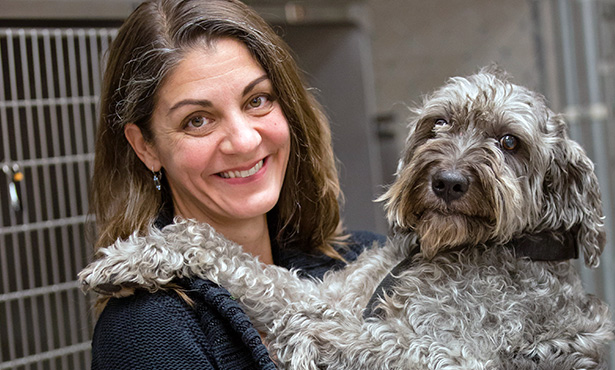When Kim Selting, Illinois associate professor of veterinary clinical medicine, was selected for the 2020-2021 cohort of the Public Voices Fellowship led by the OpEd Project in August 2020, she was unsure how to marry her personal opinion with evidence-based science.
The fellowship consists of a year-long program with quarterly meetings that encourage experts in various fields, especially women, to share their extensive knowledge for wider distribution to the general public.
“The point is that history becomes what we write, what we make of it,” Selting said. “It can be uncomfortable to say, ‘Here’s what I think,’ but it’s been very eye-opening to learn a new style of writing, and to think about how to do this more often — to share what I know.”
In a recent op-ed published in The Hill, Selting stressed that “good science takes time,” and that it is imperative for all scientists to evaluate and understand what scientific efficacy truly means. While the article focused on Covid-19 vaccinations and the science behind them, Selting also stressed the importance of ‘taking time’ in all areas of research.
As a clinician with 26 years of experience, Selting uses radiation to address what surgery cannot safely remove in cancer patients. Her research and clinical practice have brought the Varian TrueBeam, a cutting-edge imaging machine, to the Illinois veterinary medicine program.

The TrueBeam, affectionately nicknamed Adele for its sensitive, “diva-like personality,” delivers radiation therapy in extremely precise, controlled doses to specific areas in tissue for treatment. “Adele” is paired with a computerized planning system that helps inform the clinician how and where to provide the therapy.
Selting studies and treats a variety of cancers in pets, including head and neck, brain, oral, nasopharyngeal, lung, and breast cancers. She also often treats osteosarcomas, which are ten times more common in canines than humans and provides a good translational model for human bone cancers.
Currently, Selting is focusing on developing her clinical services as the sole veterinary radiation oncologist on the University of Illinois Urbana-Champaign campus. She is also interested in researching immuno-oncology and the abscopal effect, or what happens in distant tissue and the rest of the body when a patient receives radiation as a part of their cancer therapy.
This research helps Selting and other oncologists create better treatment plans for each patient but explaining this science to help patients and pet owners choose a treatment that is best for them can be very difficult.
“I’ve always been a big believer in translating scientific jargon — that’s part of being a teacher,” Selting said. “It is critical that [researchers] remember their first language. You have to be bilingual — you have to speak medical and lay languages. It’s surprising how quickly you forget what life was like before you had this new vocabulary.”
— Written by CCIL Communications Team
Kimberly Anne Selting (DVM, MS, DACVIM, DACVR) is an Associate Professor of the University of Illinois Urbana-Champaign department of Veterinary Clinical Medicine and a board-certified radiation oncology veterinarian.

